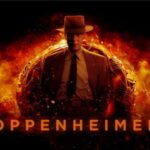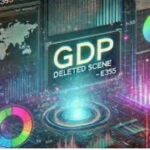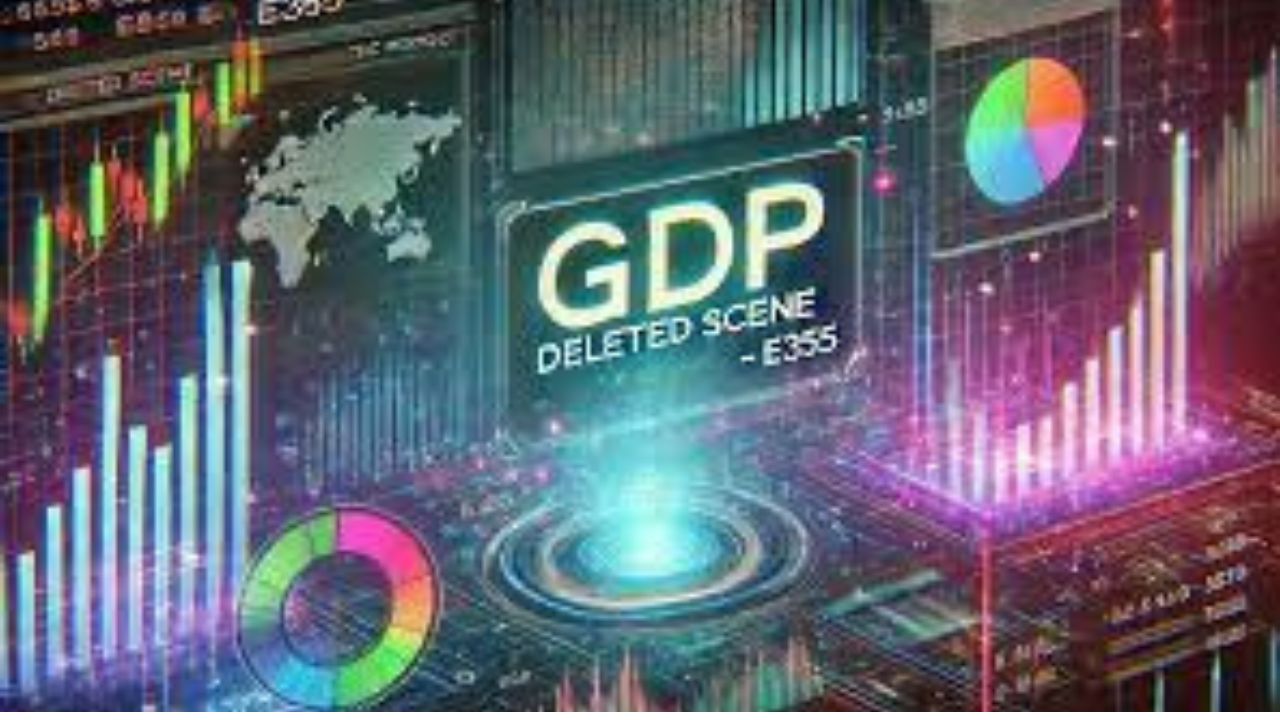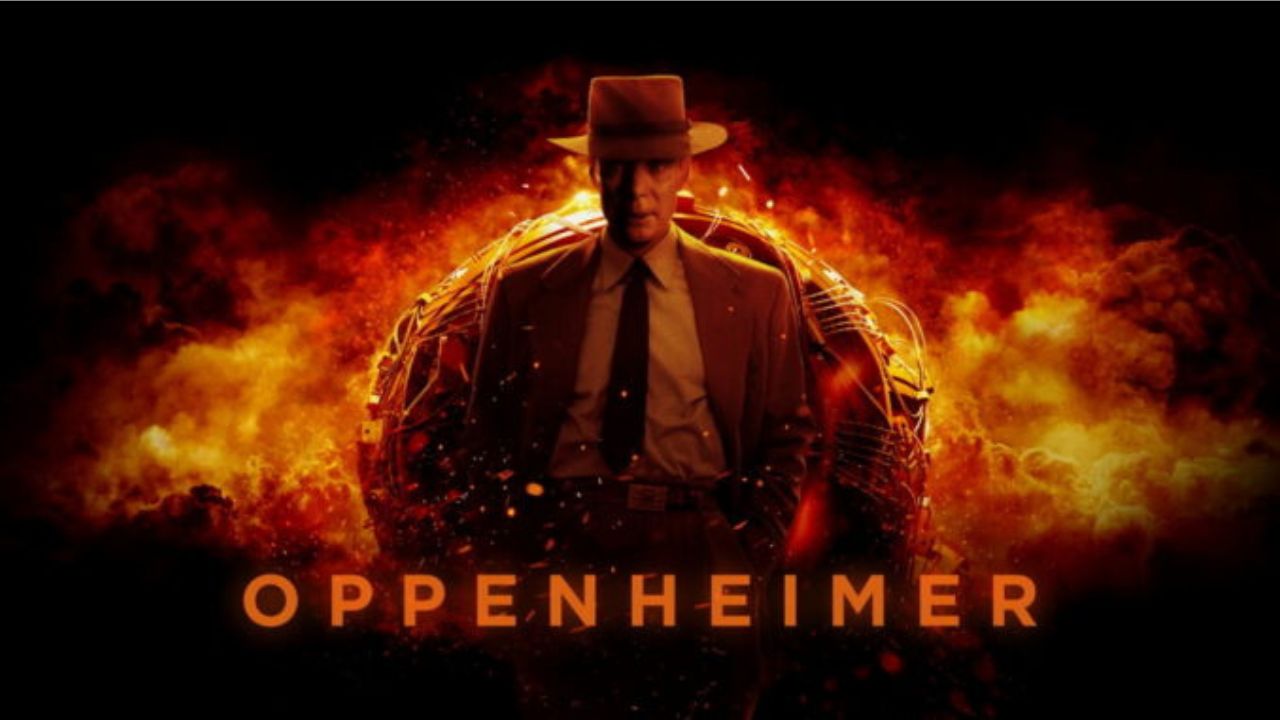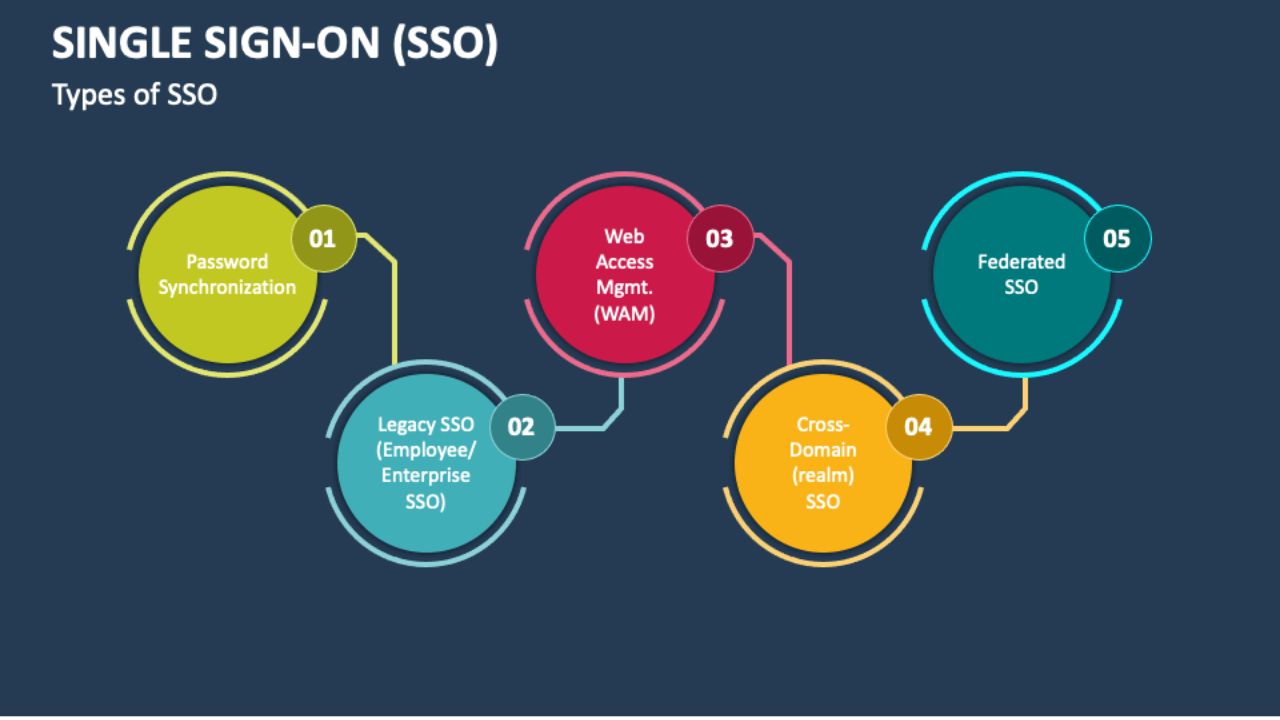GDP Deleted Scene Explanation “ has become a fascinating enigma, piquing curiosity across audiences. But what exactly is this deleted scene? Is it tied to a major production, or does it symbolize a broader cultural phenomenon? Let’s dive deep into the origins, significance, and the possible reasons for its removal.
What is the GDP Deleted Scene?
The GDP deleted scene describes a mysterious and frequently discussed cut from a project that many link to themes of economics, societal systems, or satire about the global Gross Domestic Product (GDP). While people debate much of its existence, some argue that the term has moved beyond its original context to symbolize omitted ideas or truths—both in cinema and in real-world systems.
In this sense, the “deleted scene” might not just be a literal omission from a movie or show but a creative lens to understand gaps in economic narratives, global power structures, or misrepresented events.
The Origins of the Phrase “GDP Deleted Scene”
Understanding the origins of the phrase requires piecing together both cinematic and academic interpretations. While no mainstream blockbuster directly uses “GDP” in its deleted scenes, here are two possible origins for the term:
1. Economic Satire in Storytelling
Movies or documentaries about capitalism or economic systems may include scenes that criticize GDP-centric metrics of societal success. Such scenes might have been deemed controversial or overly critical and subsequently removed.
2. A Broader Metaphorical Narrative
Some theorists and critics argue that the term symbolizes aspects of economic realities that public discourse often overlooks or erases. Much like a deleted scene in a movie changes the audience’s understanding, the GDP deleted scene highlights narratives about economic inequality or growth that creators deliberately exclude.
Why Are Deleted Scenes Significant in Storytelling?
Deleted scenes are much more than cinematic leftovers. They often provide insight into the creative process or highlight ideas deemed too bold or tangential for the final cut. In the context of the GDP deleted scene:
- Adds Depth to Storytelling: A deleted scene can fill in gaps in a narrative or provide crucial character development that adds nuance.
- Explores Controversial Themes: Scenes that critique established systems, like economic models, may be cut due to political sensitivity.
- Reveals Creative Intent: For enthusiasts, analyzing a deleted scene offers a glimpse into the creator’s vision.
Possible Themes in the GDP Deleted Scene
1. Critique of GDP as a Metric
GDP Deleted Scene Explanation likely critiques how people often use Gross Domestic Product as the sole indicator of a country’s success. Economists and filmmakers alike have highlighted how GDP fails to account for environmental degradation, societal well-being, or income inequality. A deleted scene might explore these contradictions in bold, unfiltered ways.
2. Satirical Commentary
Satirical depictions of global economics are common in films like The Big Short or Don’t Look Up. The GDP deleted scene might deliver sharp, humorous commentary on economic systems that creators deemed too abrasive for mainstream audiences.
3. A Look at Forgotten Narratives
Often, deleted scenes focus on marginalized voices or less marketable stories. In this context, the GDP deleted scene could have brought attention to communities overlooked by GDP-centric policies.
Why Was the GDP Deleted Scene Removed?
Understanding why this scene was cut involves exploring broader patterns in storytelling and economics. Some common reasons include:
1. Political Sensitivity
Scenes that critique influential systems like capitalism or GDP metrics often face censorship or removal to avoid backlash from stakeholders or audiences.
2. Creative Constraints
Filmmakers may have removed the scene to maintain pacing or avoid diluting the story’s primary focus.
3. Fear of Misinterpretation
General audiences might misinterpret bold critiques of economic systems, prompting creators to err on the side of caution..
GDP Deleted Scene in Pop Culture
This term has taken on a life of its own, resonating beyond its presumed cinematic roots. It has become a symbol of hidden truths, omitted stories, or systemic gaps. Social media, for instance, has played a significant role in amplifying discussions around the GDP deleted scene, with users often relating it to missing perspectives in global discussions.
Some popular cultural works tied to similar themes include:
- The Big Short (2015): A scathing look at the 2008 financial crisis, with several deleted scenes exploring systemic corruption.
- Parasite (2019): While not directly linked to GDP, this film critiques economic inequality, and any deleted scenes might have added further depth.
- Documentaries on Inequality: Films like Capital in the Twenty-First Century explore GDP shortcomings, often omitting more radical critiques due to time constraints.
What Can We Learn from the GDP Deleted Scene?
While its exact context remains ambiguous, the GDP deleted scene serves as a lens to examine broader societal and economic issues. Here’s what it teaches us:
1. Question Narratives
Just as a deleted scene changes a film’s story, omitted perspectives in real-world economics can distort public understanding. The GDP deleted scene urges us to question what left out.
2. Demand Holistic Metrics
The scene emphasizes the need for alternative measures of success, like the Human Development Index (HDI) or Gross National Happiness (GNH), which prioritize well-being over mere production.
3. Recognize the Power of Storytelling
Whether literal or metaphorical, the GDP deleted scene highlights the impact of storytelling in shaping perceptions and sparking change.
Conclusion
GDP Deleted Scene Explanation mystery encourages us to reflect on what films, economic discourse, or societal narratives often omit.. This phrase serves as a powerful metaphor for the untold stories and hidden truths that deserve attention. When we question what left out, we move toward a more complete and inclusive understanding of the systems that shape our world.


